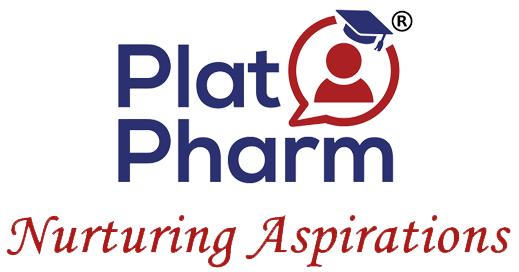
The broad scope of digital health includes categories such as mobile health, health information technology (IT), wearable devices, telehealth and telemedicine.
Services ranging from mobile medical apps and software that support the clinical decisions doctors make every day to artificial intelligence (AI) and machine learning (ML), digital technology has been revolutionising healthcare in the past decade. Digital health tools have the vast potential to improve the ability to accurately diagnose and treat disease and to enhance the delivery of healthcare for the individual.
Digital health technologies use computing platforms, connectivity, software, and sensors for healthcare and related uses. These technologies span a wide range of uses, from applications in general wellness to applications as a medical device. They include technologies intended for use as a medical product, in a medical product, as companion diagnostics, or as an adjunct to other medical products (devices, drugs, and biologics). They may also be used to develop or study medical products.
Digital tools are giving providers a more holistic view of patient health through access to data and giving patients more control over their health. Digital health offers real opportunities to improve medical outcomes and enhance efficiency.
Domain knowledge, Information Technology knowledge, ability to apply the digital health tools prudently for better treatment outcomes, ability to work with a team, execution, analytical skills, excellent communication are some of the skills required to have a satisfying career in this field.
- Academia
- Clinical Research
- Clinical Data Management
- Digital Healthcare
- Epidemiology & Biostatistics
- Healthcare Consulting
- Health Insurance
- Healthcare and Finance
- Manufacturing & Production
- Marketing & Sales
- Market Research
- Medical Coding
- Pharmacovigilance
- Public Health & Hospital Management
- Quality Control / Quality Assurance
- Regulatory Affairs
- Research & Development
- Retail Pharmacy
- Supply Chain Management

